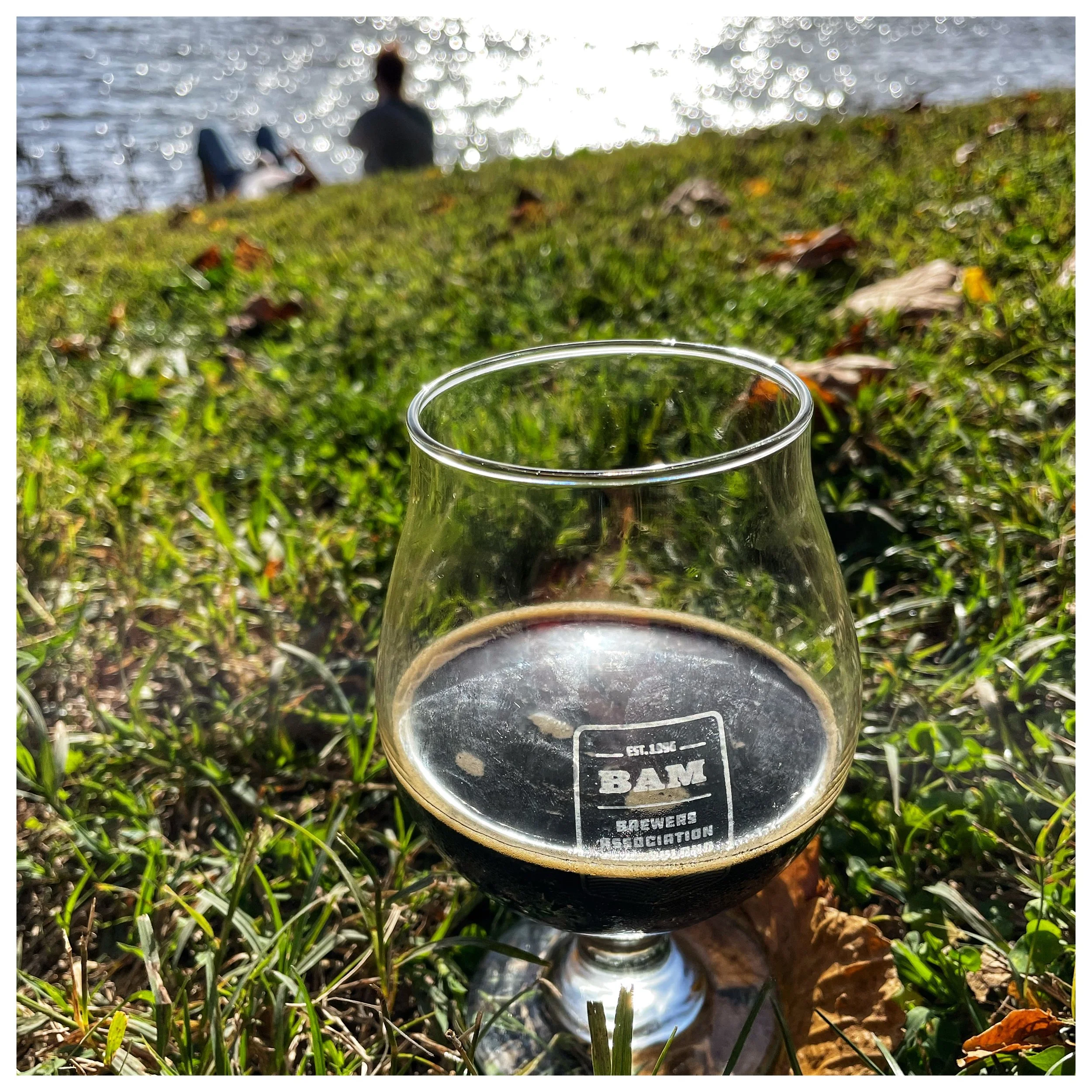German beers are some of my favorites. Over the 2011 Christmas season my family traveled to Munich to take in as much of Bavaria and the surrounding sites we could in ten days. One of my best memories of that trip and one I will remember all my life, was enjoying a Franziskaner Weissbier at the beer garden a top the Zugspitze, the highest point in Germany.
The Reinheitsgebot (pronounced R-eye-n-heights-ge-boat), often called the German Purity Law of 1516 (which was passed in Bavaria and later spread to other German states) was passed in order to make sure that there were sufficient amounts of wheat and rye for bread making. The original law states that the only ingredients to make beer should be water, barley, and hops. Note that wheat, sugar, and yeast are NOT included. Yeast was not included because at the time, it was not yet discovered. Fermentation from yeast happened naturally, without the addition of additional yeast. But get this.... Reinheitsgebot stayed an official law in Germany through unification of the German state in 1871 until it was lifted in 1988!
Now they have in place (passed in 1993) Vorlaeufiges Biergesetz: a law that allows for yeast to be used in lagers, different kinds of malt, and sugar to be used for top-fermented beers. All German breweries abide by this law now. Still, a lot of German breweries follow the Law of 1516 (probably Bavarians because they are very prideful), but the problem is that not all of them technically follow the 1516 law, even if they advertise it. So whenever you see it advertised on a bottle of Weizen... ah, it's false advertising.


